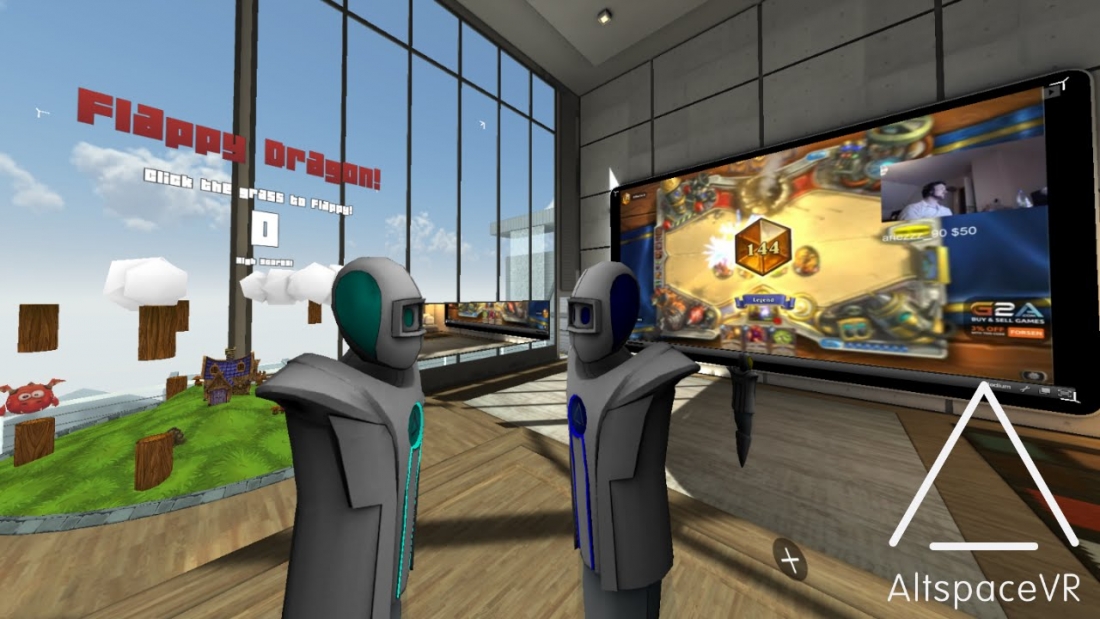
AltspaceVR, perhaps the best-known virtual reality social space, announced on Friday that it will be shutting down next week due to unforeseen financial issues.
In sharing the news, AltspaceVR said it had a supportive group of investors that last gave them money in 2015. Things appeared to be on track for the next round of funding but unfortunately, the deal fell through. A combination of that failed deal and the slow growth of virtual reality as a whole kept most other potential investors at bay.
Without additional funding, the show simply can’t go on.

AltspaceVR said it has around 35,000 active monthly users across its various platforms - the Gear VR, Oculus Rift and HTC Vive - that spend an average of 35 minutes using the app each day, a metric the company thinks is pretty solid given the size of the VR market.
As is typical with a close-knit community (some have called it the virtual reality version of Second Life), plenty of friendships have been made over the years through the service. AltspaceVR urges users to spend the next few days reaching out to friends they’ve made to find another way to stay in touch.
The company plans on hosting a farewell party on August 3 and will pull the plug on the service at the conclusion of the shindig at 7 p.m. Pacific.
https://www.techspot.com/news/70348-virtual-reality-hangout-altspacevr-shutting-down.html